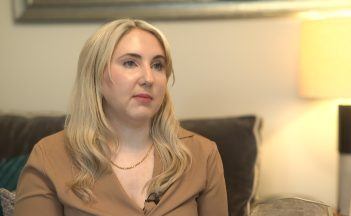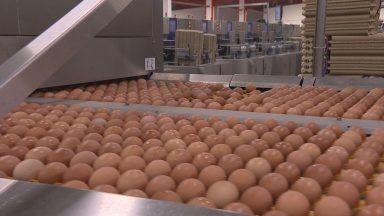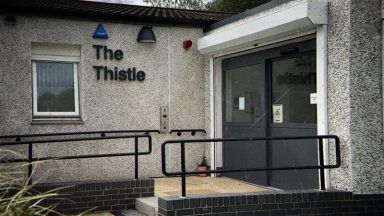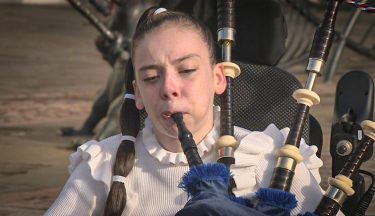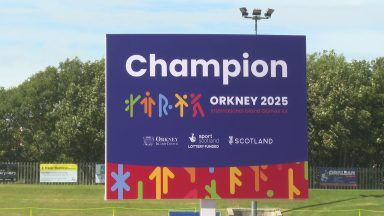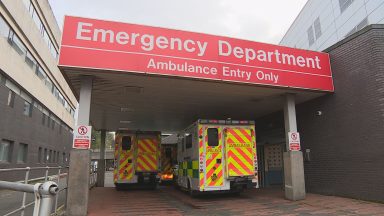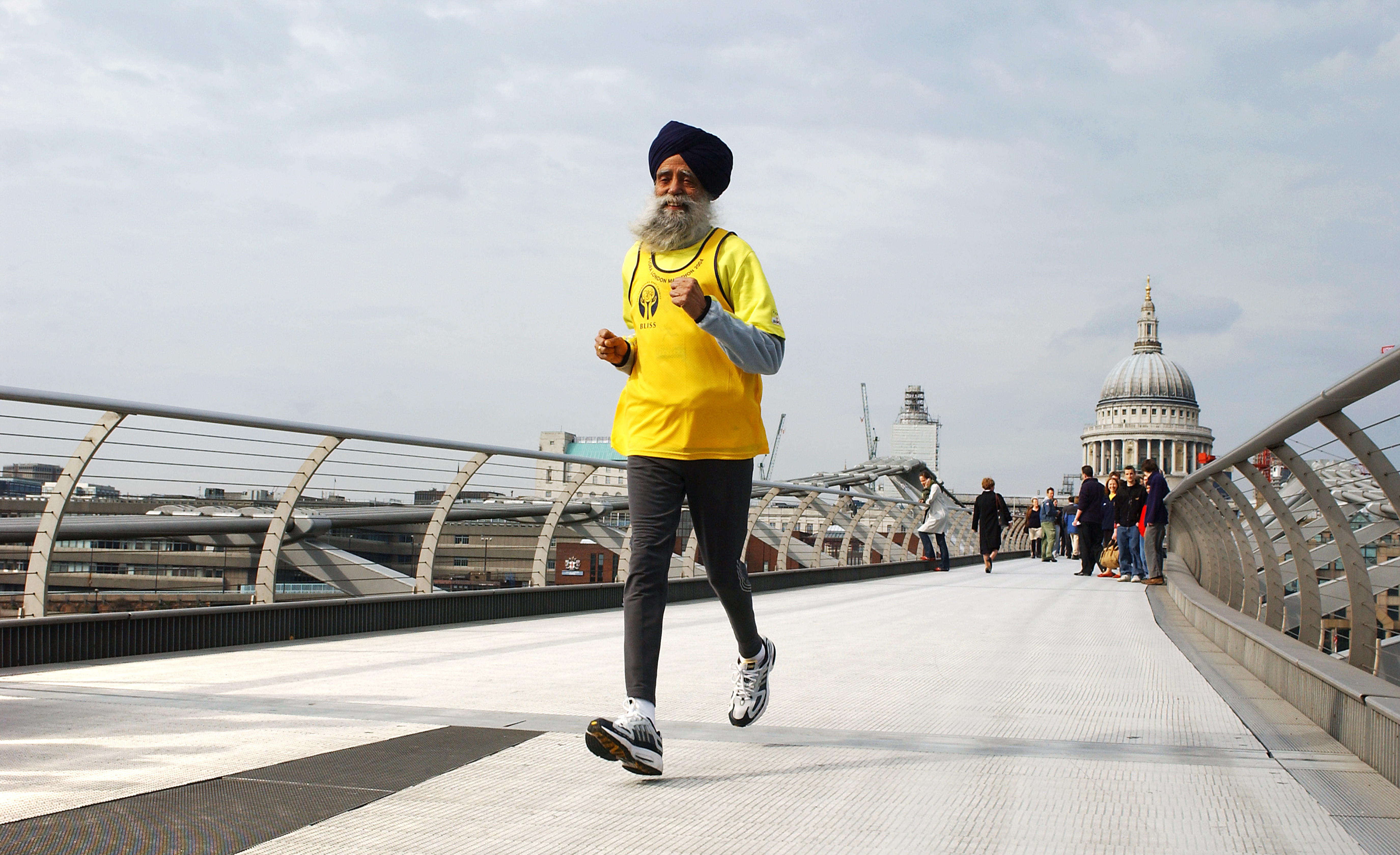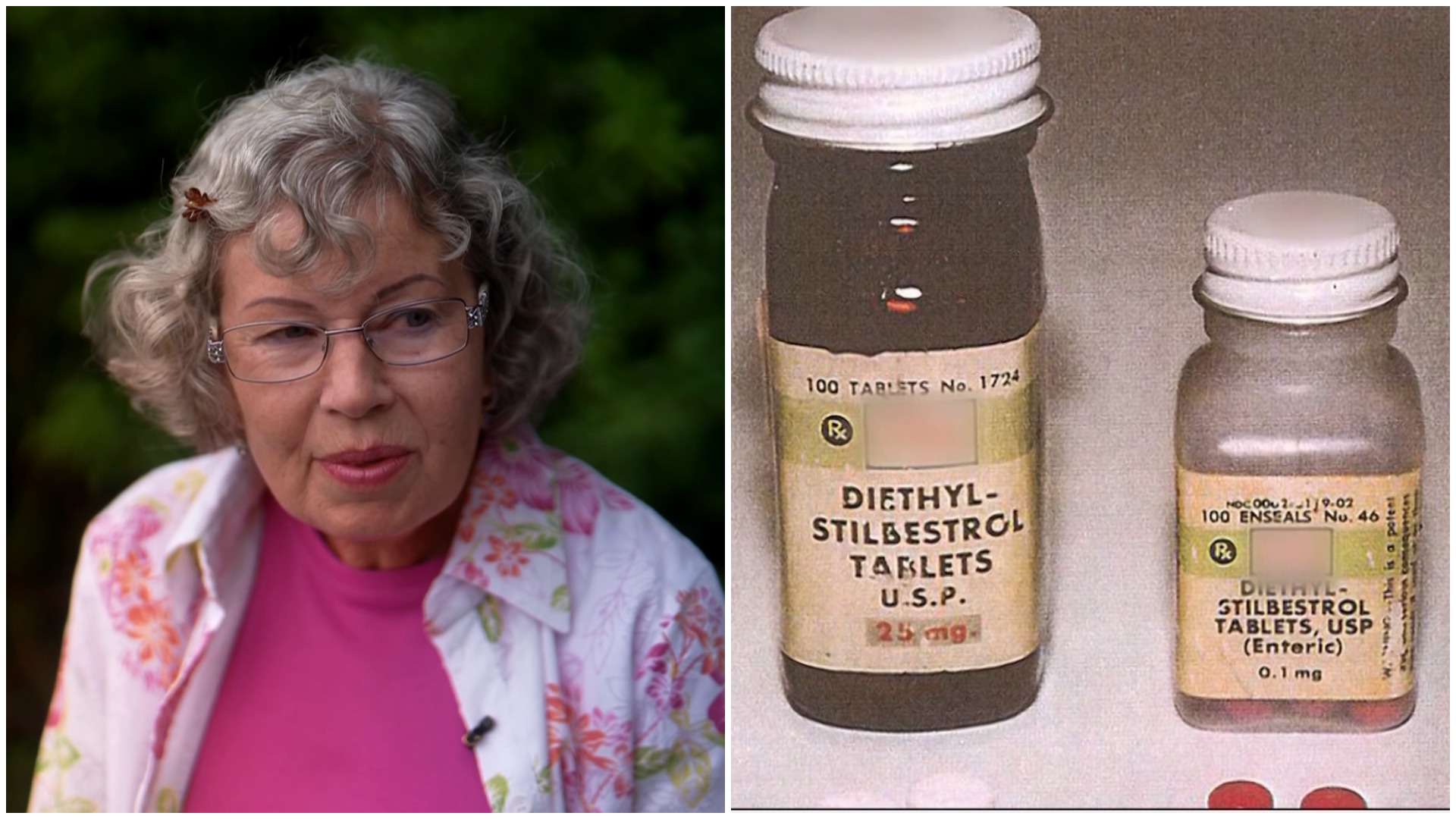Doctors, dentists and nurses have formed a new campaign group in a bid to better regulate who can offer anti-wrinkle and filler injections in Scotland.
Currently, there are no laws in Scotland around who can offer cosmetic injections.
But the number of complaints about botched procedures carried out by people with no medical qualifications is on the rise.
Save Face, a UK-wide register of medical aesthetic practitioners, received 233 reports in 2021.
In 2022, that increased to 292.
‘It’s completely bizarre’
Scotland Tonight was given exclusive access to the first meeting of the new group of medics.
Dr John Elder, a GP in Inverness and senior partner at Glen Eden Aesthetics, said: “My biggest concern is the explosion of unregulated practitioners we’ve seen over the past ten to 15 years. A huge number of people are picking up syringes and injecting, it’s quite bizarre.
“The UK is alone in Europe. It’s actually alone in the whole of both North and South America. It’s the only country in which people who have no medical background can inject with just the permission of the recipient, quite bizarrely.”
Since 2017, medical professionals who offer cosmetic treatments have had to register with Healthcare Improvement Scotland (HIS).
It carries out inspections of clinics, takes enforcement action against practitioners not meeting its standards, and deals with complaints from clients.
However, non-medics do not need to register with HIS, or any other body, in order to offer the same treatments.
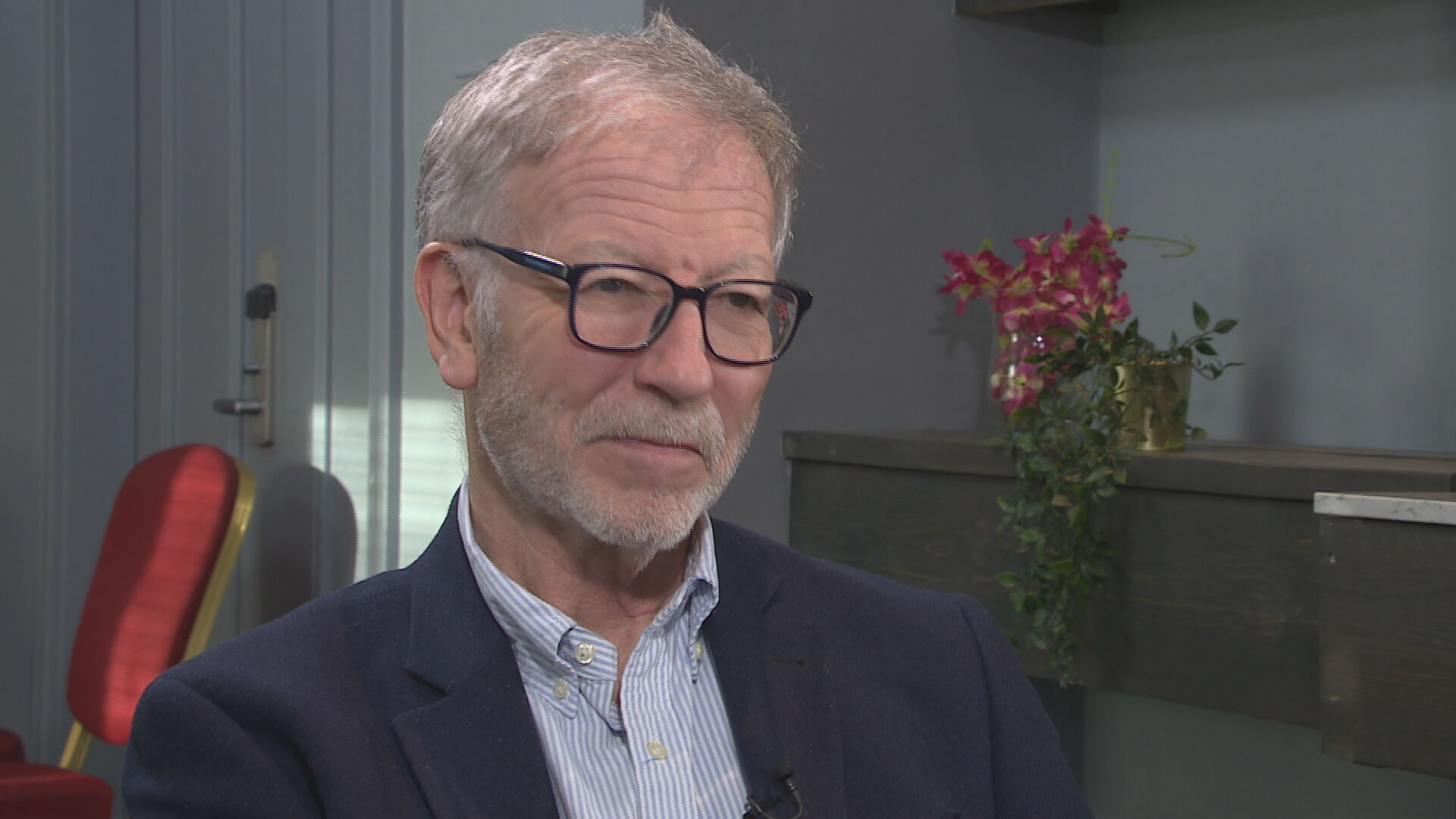 STV News
STV NewsDr Elder said: “We all see and treat complications from lay practitioners and we’re seeing an explosion of this – predominantly overfilled lips, inappropriate filler toxin.
“They’re accountable to no one apart from themselves and their conscience. And that’s part of the problem.
“They may claim to be insured, but the insurance is questionable and their qualification is non-registerable to be doing procedures, so it’s a completely bizarre situation.”
Nurse Jacqui Cooney, who runs her own clinic, said: “For a person to set up a clinic, we have to write a set of up to 28 policies.
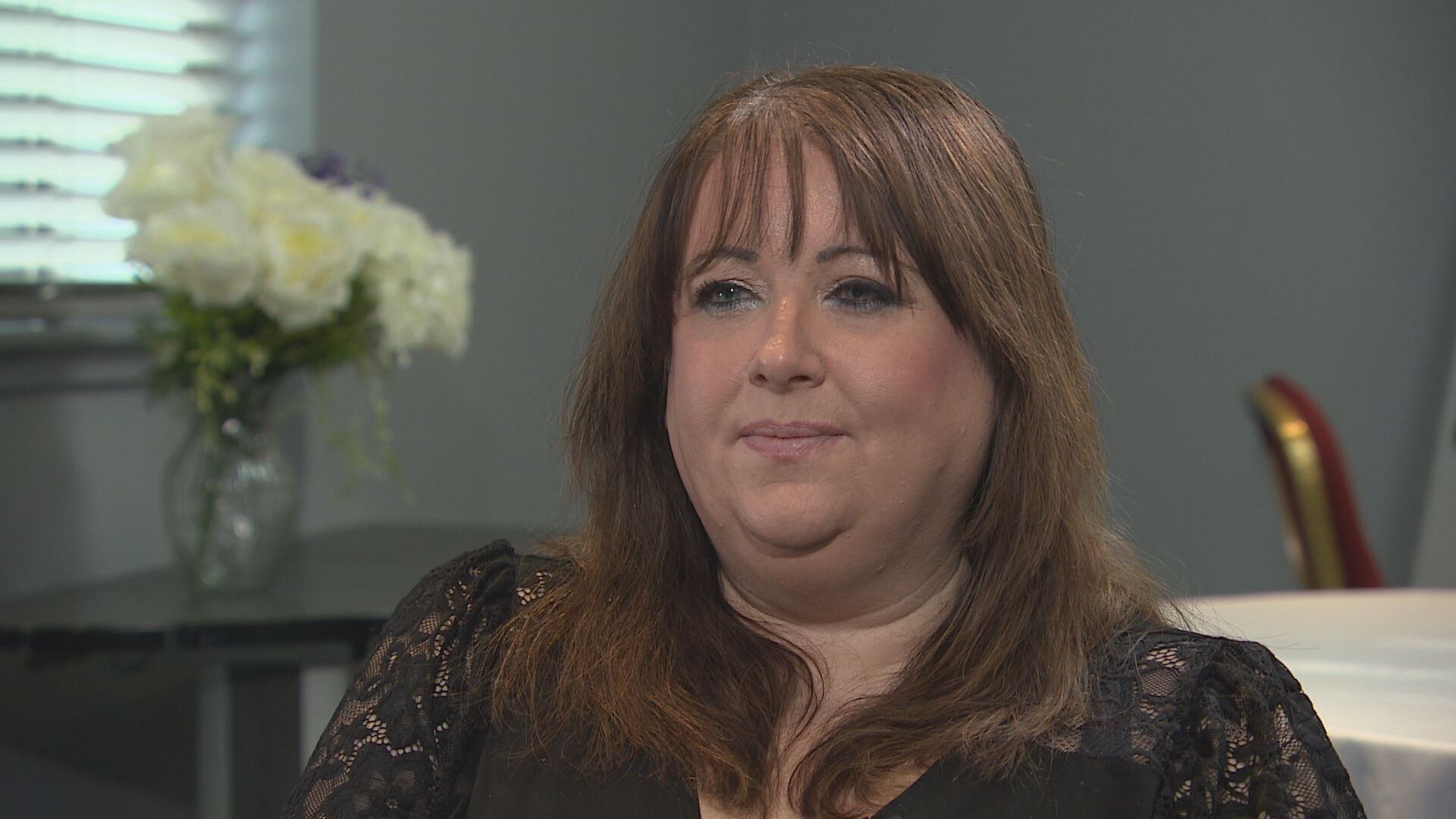 STV News
STV News“There is a fee to register, and depending on the size of your clinic, you have an ongoing regular fee to pay, which can be from £1,000 up to around £5,000.
“We welcome the regulation, we want to be regulated. However, we feel that there is a bit of an injustice going on from the government point of view, where HIS have been asked to regulate us, but no one else in Scotland is regulated.”
‘Change needs to happen’
Changes are under way elsewhere in the UK.
In England, a law was introduced three years ago, making it illegal for under 18s to receive botox and fillers, however no such law exists in Scotland.
The UK Government is also considering introducing a minimum standard of training for all injectors.
 STV News
STV NewsDr Elder said: “[Discussions with the Scottish Government] fell flat with Covid and in the sort of the recovery period after Covid, there’s been an unwillingness to to engage in any form of useful dialogue, but it’s likely that we’ll be writing to the Scottish Government to try and force dialogue forward.”
Ms Cooney added: “We have always kind of fought this little corner on their own as each individual professional body, but we’ve all come together today as one large group of professional bodies and hopefully all Healthcare Improvement Scotland regulated clinics will come on board with this.
“We’re trying to protect the public and trying to protect these people from feeling like they just have nowhere to go, because lots of people feel silly when they have these kinds of treatments.
“It’s almost like being conned out of money and they’re embarrassed to come forward.”
The Scottish Government says existing legislation requires all licenced medicines to be prescribed by a regulated healthcare practitioner, who remains responsible for the administration and care.
Public health minister Jenni Minto said: “Independent healthcare clinics in Scotland where aesthetic services are provided by a medical practitioner, dental practitioner, registered nurse, registered midwife or dental care professional are regulated by Healthcare Improvement Scotland.
“When considering the provision of non-surgical cosmetic procedures, healthcare professionals must take into account the physical and psychological wellbeing of the patient or client, including their age where that is a factor.
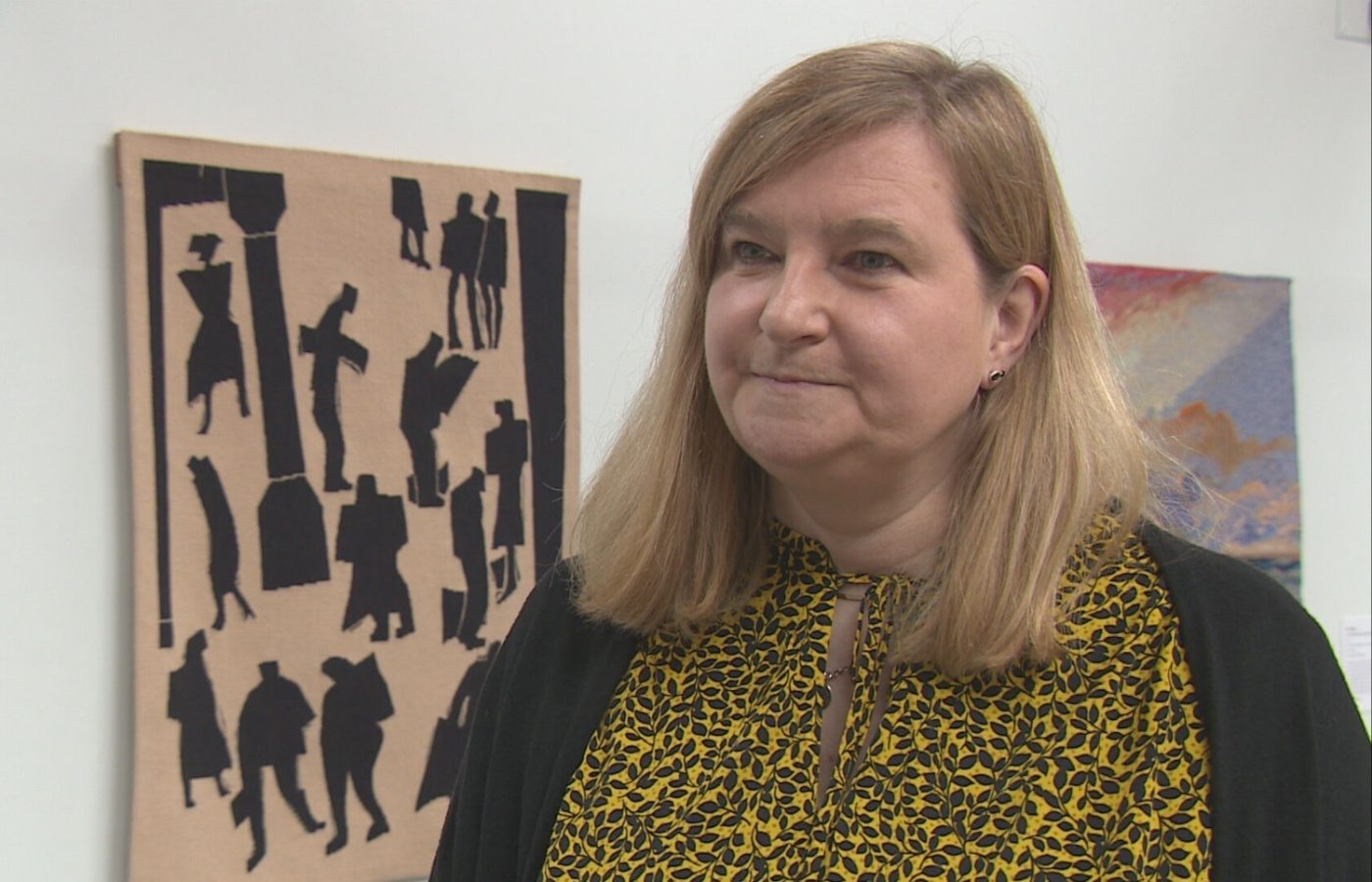 STV News
STV News“We want to ensure all non-surgical cosmetic procedures in Scotland are delivered from hygienic premises by appropriately trained practitioners, applying recognised standards and using regulated products.
“At present there is no specific legislation to prevent individuals who are not health professionals and who operate from unregistered premises from carrying out non-surgical cosmetic procedures that pierce or penetrate the skin.
“Public consultation has shown overwhelming support for tighter regulation of non-surgical cosmetic procedures, including dermal fillers.
“We are working on introducing secondary legislation to enable Healthcare Improvement Scotland to regulate independent healthcare services, including aesthetic services, which are provided by pharmacists and pharmacy technicians from premises other than registered pharmacies, or outwith the terms of NHS contracts.
“We are working with key stakeholders to consider the potential scope of further regulation of non-surgical cosmetic procedures.”
For the full story, watch Scotland Tonight at 8.30pm on Thursday night or catch up on the STV Player.
Follow STV News on WhatsApp
Scan the QR code on your mobile device for all the latest news from around the country


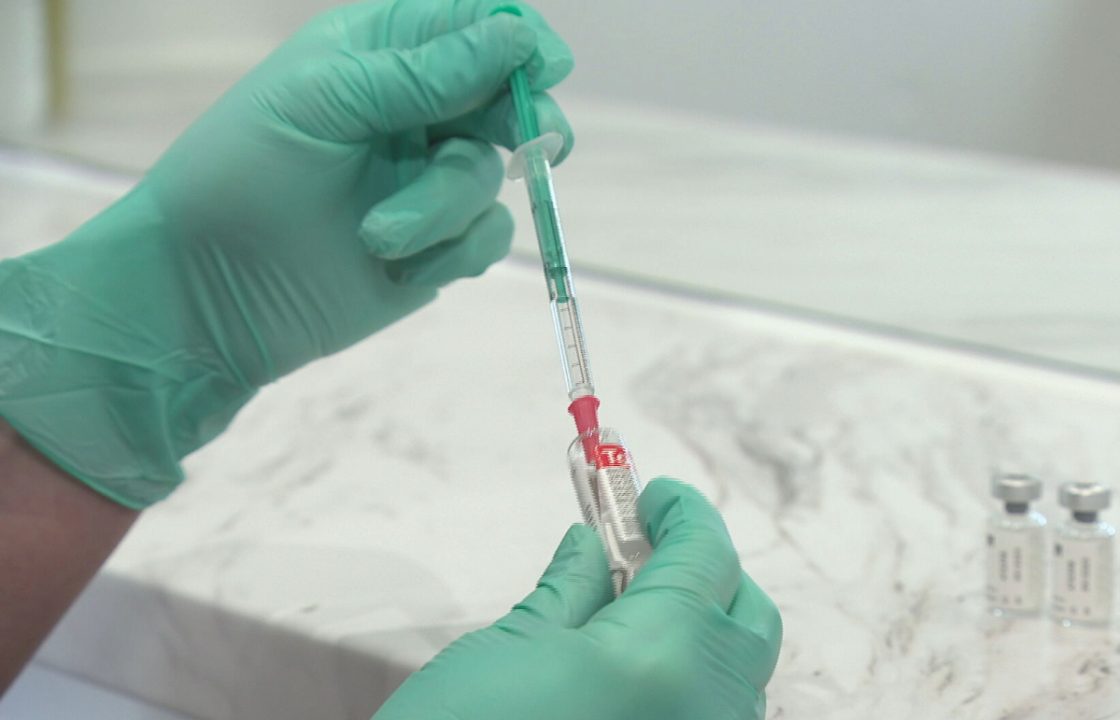 STV News
STV News